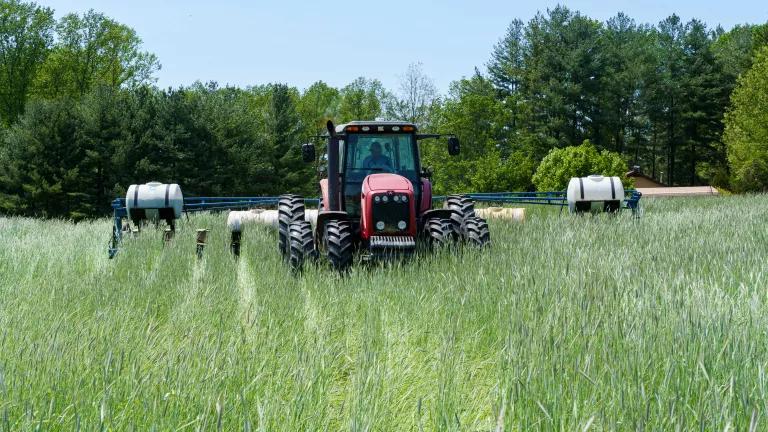Food donation provides a critical link between organizations with wholesome surplus foods and the 42 million Americans who are food-insecure today. Yet while there are strong federal and state protections, many food manufacturers, retailers, and restaurants cite fear of liability as one of the main barriers to donating food.
The Bill Emerson Good Samaritan Act, passed by Congress in 1996, protects a broad range of food donors to encourage donations, but donors are often unaware of these protections. This fact sheet explains five ways the law should be updated and implemented to expand and strengthen the protections—and ensure they better align with the current food-recovery landscape:
- Assign an executive agency, such as the U.S. Department of Agriculture, to oversee implementation and interpretation of the law.
- Extend protections to nonprofits that sell food at a discounted price, as well as their donors.
- Extend protections to donations made by food service establishments and retailers directly to individuals.
- Limit labeling requirement to comply with safety-related federal, state, and local laws, but not immaterial errors such as incorrect weight.
- Explicitly extend protections to past-dated food.



